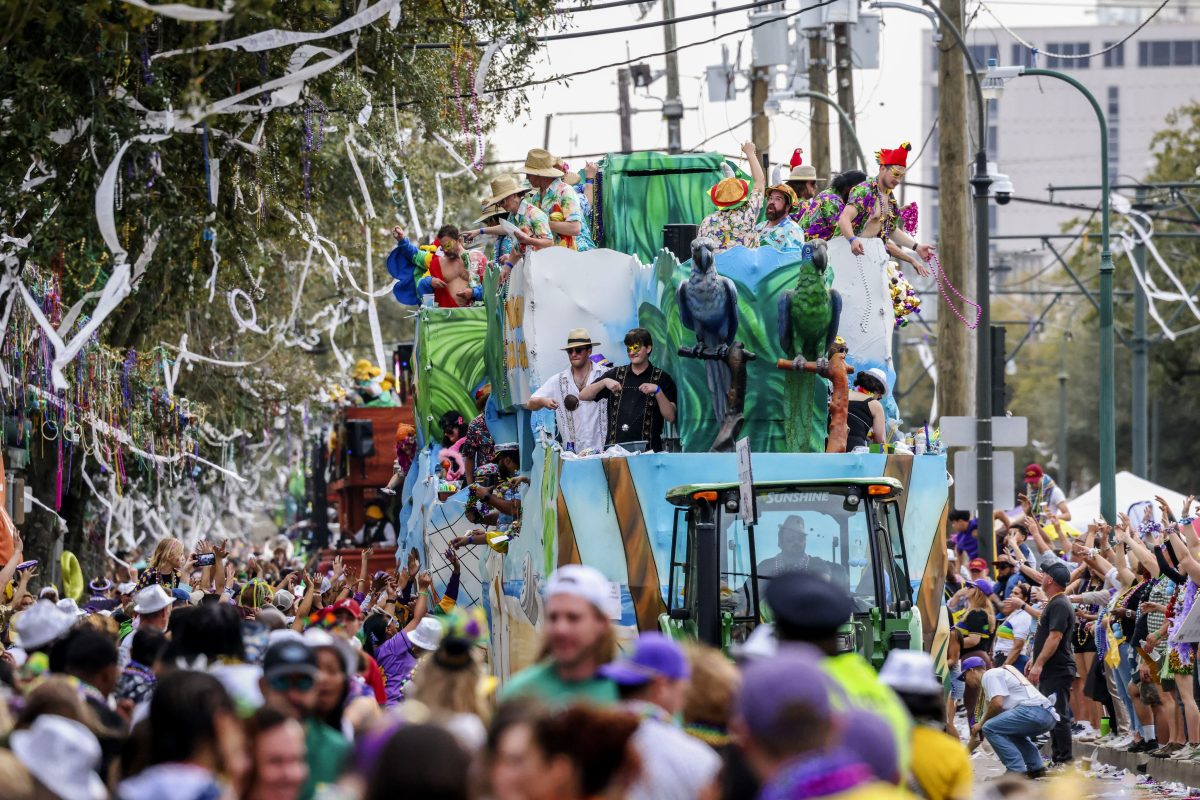HOUSTON (AP) — As tens of millions tank up and hit the road for Memorial Day weekend, gas prices are rising fast enough to revive painful memories of the $4-a-gallon summer of 2008.
Rest easy: The economic slack created by the recession all but guarantees prices won’t spike the way they did last year, analysts say.
On Thursday, a gallon of unleaded averaged $2.36. That’s much cheaper than the $3.80 it cost this time last year, but prices are still up about 30 cents a gallon this month, enough to make drivers flinch.
“Uh-oh,” cab driver Jay Biyani said while filling up this week in Manhattan. “That’s the first thing I say when I pull into this gas station each day. Right now it’s not that bad, but it’s a lot worse than two weeks ago.”
Even so, the auto club AAA estimates 32.4 million people, or about one in 10 Americans, will travel over the holiday, most of them driving. That’s a slight 1.5 percent increase from 2008.
Vacations make a lot more sense for many families than they did last year. Airfares, hotels and tourist attractions are all cheaper this year because of the relentless recession.
Gas is no exception. For much of this year, there has been a glut of gasoline in storage around the country, keeping prices low. And demand has been light because of the poor economy.
But gasoline has jumped in May. Oil refineries, trying to make money just like any other business, are taking in less oil because of the glut in gas, and those cutbacks are showing up at the pump.
At the same time, prices are starting to rise for seasonal reasons. Americans drive more in summer, and federal and state laws require different, more expensive gasoline blends this time of year.
The trading markets are at work, too. By mid-February, the price of oil had fallen so far — below $34 a barrel, compared with a peak of $147 last July — that large investors couldn’t resist buying in.
Investing momentum feeds on itself, and government data suggests speculative trades are on the rise, meaning people are buying in simply because they know they can sell for a quick profit.
“There’s no lack of gasoline right now or the lack of ability to produce it, and anyone who says speculators are not playing a role in this run is delusional,” said Tom Kloza, publisher and chief oil analyst at the Oil Price Information Service.
The same thing happened last year, to a much greater extent. Because when the Wall Street crisis struck and the economy tanked, oil prices collapsed. Gas fell to $1.61 by the end of the year.
Last May, U.S. motorists were spending about $1.4 billion a day on gasoline, Kloza says. These days, it’s only about $874 million. And even though more people are traveling for Memorial Day, IHS Global Insight, which studies travel habits for AAA, expects Americans to take 20 million fewer trips from April to September than they did last year.
Even the kind of cataclysmic event that sends gas prices into a spike, like a hurricane in the oil-rich Gulf of Mexico, probably won’t push gas past $4 a gallon this summer, analysts say.
Last year, Hurricanes Gustav and Ike battered the Gulf, and gas shot to $5 a gallon in some parts of the Southeast. But refineries were churning out gas at a much higher rate then.
This year, even if a hurricane knocked out refineries along the northern Texas coast, which account for about 20 percent of U.S. gas production, refineries in Louisiana and elsewhere could pick up the slack.
So how high will gas go?
Darin Newsom, senior energy analyst at DTN in Omaha, Neb., said he expects the average price for regular unleaded to push $2.80 a gallon this summer — higher than many other forecasts. Even if a devastating hurricane strikes, he thinks prices will stay below $3.10 a gallon.
“Not everyone is running their refineries full blast,” said Bill Day, a spokesman for Valero Energy Corp., North America’s largest gas refiner. “That will certainly help cushion the blow if there’s a hurricane this year.”
Still, even with average pump prices nearly a buck and half lower than they were a year ago, the recent increasing has some drivers fearing a repeat of last summer and tucking away money just in case.
These days, Al Thomas can fill his 1999 Ford Expedition for about $40. Last summer, it cost him twice that much.
“It definitely has an effect on the way you spend money,” said Thomas, who works as a manager at one Houston eatery and a bartender at another. “You might not go out to eat as much, or even visit relatives. It was the topic of every conversation last summer. I hope that’s not the case this year.”—-Contact The Daily Reveille news staff at [email protected]
Gas prices rising, but unlikely to repeat highs of last summer – 5/21, 1:22 p.m.
May 20, 2009






